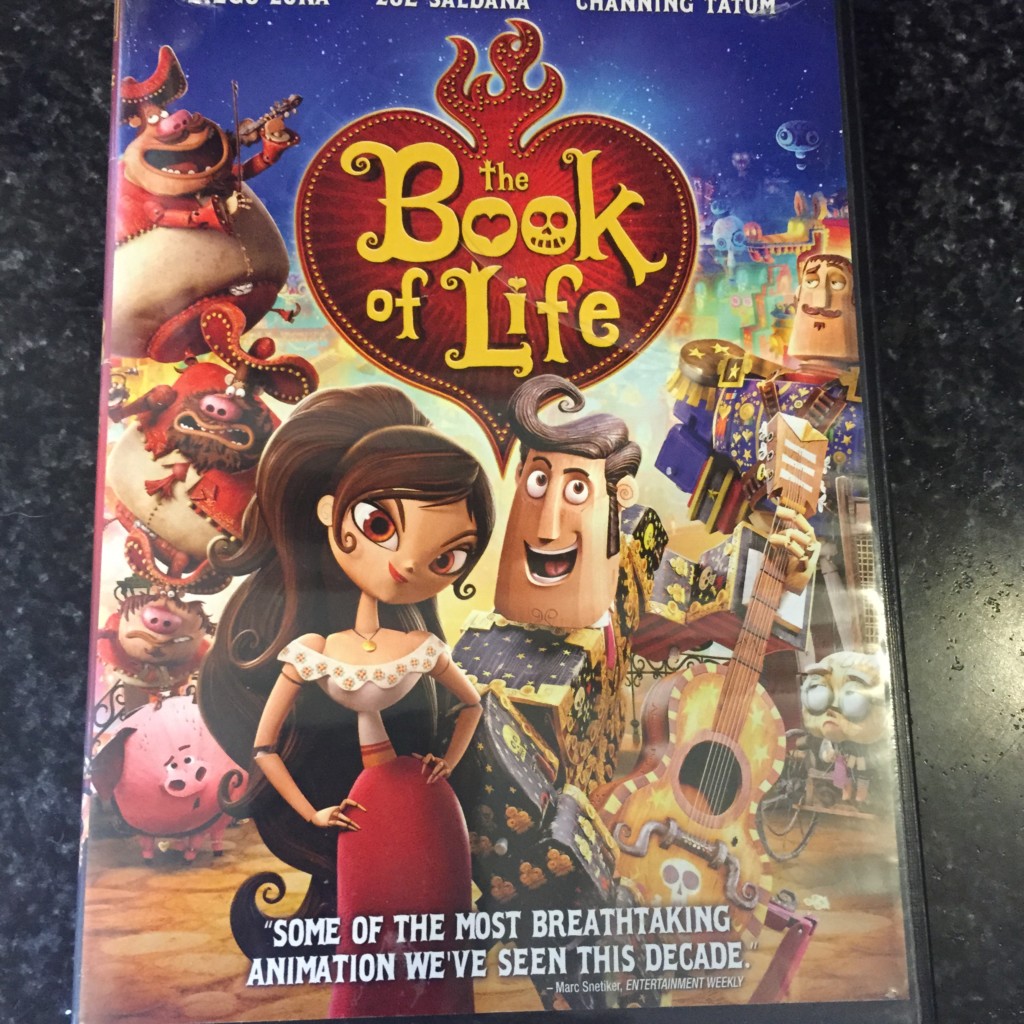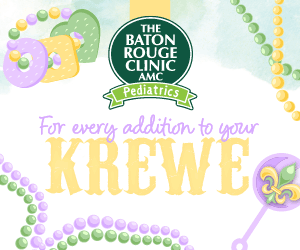Who thinks an animated movie will help them discuss the most difficult topic in humanity? I didn’t. And yet, that’s exactly what happened!
I struggled with the word “death” for a while when I talked to my five year-old son. If someone died, I faltered in telling him. I would say that person “is not here anymore” or “passed away” or “went to be with God.” I didn’t have the words to explain death to his little questioning and curious mind. So I did what most parents do. I worked around it. Which for me meant that I totally avoided it. I bristled when I heard someone say the words “death” or “died” around him. I tensed up if I heard him say anything had “died.” He has a super imagination, so extreme events in his stories are common. I would freak out a little if he said someone in one of his drawings or pretend play died. He’s not supposed to talk about that or think about that is he?, I would wonder. I treated the topic of death like it was nearly an expletive.
This disconnect is not healthy, but isn’t it what a large part of our American society does? We place the dying and the dead far away from us. We honor them at funerals and cemeteries, but that’s often where it ends. I had taken the same approach in our family. That is, until we watched the beautifully animated movie The Book of Life.
If you haven’t seen this jewel of a movie, then go to Redbox right now or to the library and pick it up. Directed by Jorge Gutierrez and produced by Guillermo Del Toro, The Book of Life is a tale of love and friendship framed by the Mexican holiday, Dia de Los Muertos or Day of the Dead. The basic plot focuses on two gods of the underworld who make a bet on mortals: two boys and one girl. The wager rests on which boy will marry the girl. The story revolves around Day of the Dead and the two destinations for the dead: the Land of the Remembered and the Land of the Forgotten. This concept of the two worlds is not endemic to Dia De Los Muertos or Mexican belief, rather it is the creation of the writer and director Gutierrez.
The concept of Dia de Los Muertos is to observe and celebrate dead loved ones on November 2. This tradition is one that I admire in Mexican culture. Mexicans traditionally honor and celebrate their friends and family who have passed on in vibrant, colorful ways. The same is true in The Book of Life. Death is not something to be feared, but a part of life that can be celebrated each year.
As we watched The Book of Life as a family, I watched my son laugh and process the story. He accepted the premise without question. We gave it to him in his Easter basket because he asked to rent it all the time. We have watched it multiple times together. Each time I appreciate the Dia de Los Muertos element and fantastical interpretation of the Land of the Remembered. I feel like now we can talk about death in a different way. We will still talk about our belief in God, but we can explain that whoever passes on will continue to be remembered and celebrated. Though we may not doctrinally believe in a “land of the remembered,” we can adopt the tradition of honoring our loved ones in a similar way.
Thanks Book of Life for helping this mama get over her trepidation with talking about death.

















